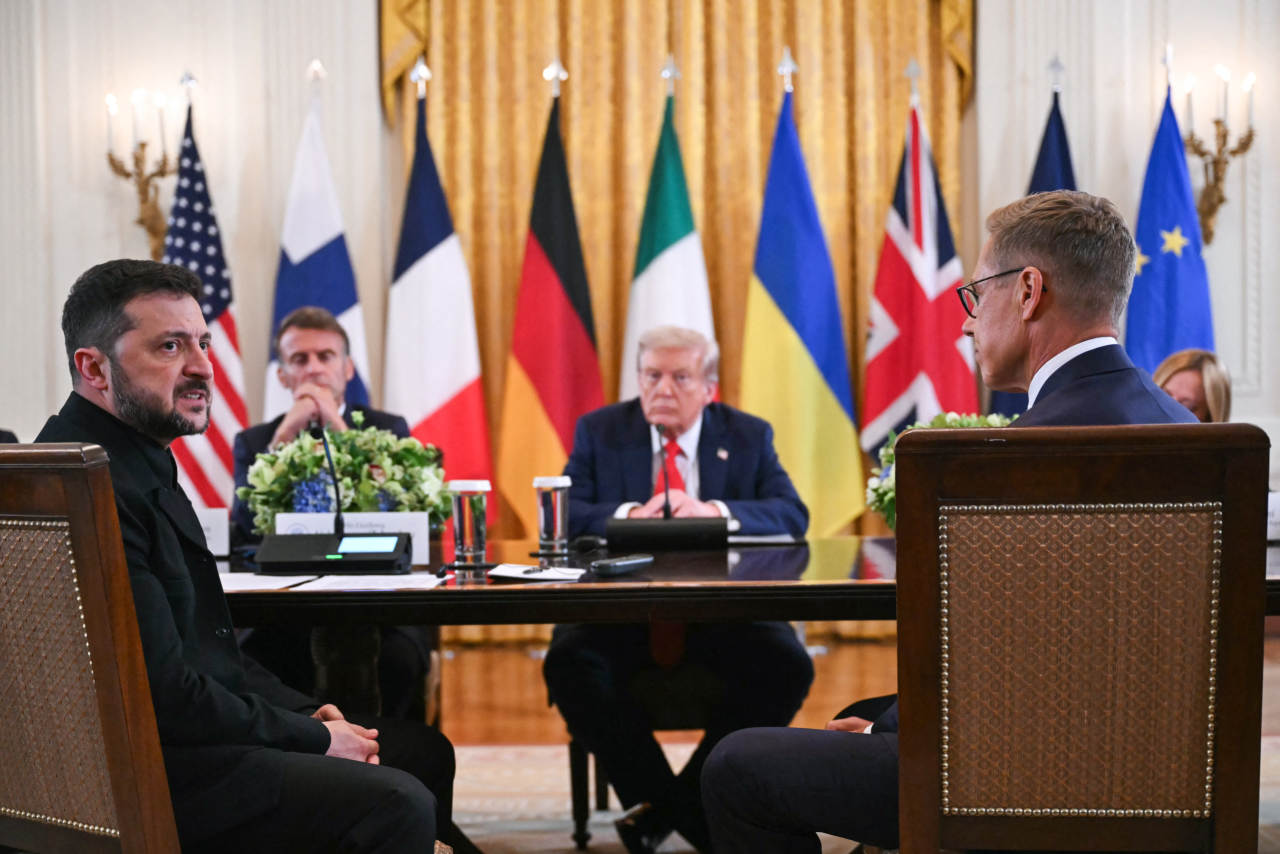The ongoing conflict between Ukraine and Russia has raised critical questions about security guarantees and their effectiveness in deterring aggression. As Ukraine continues to seek international support, understanding historical precedents for security arrangements is essential for shaping future strategies.
Historical Context of Security Guarantees
Security guarantees have played significant roles in international relations, particularly during times of conflict. One notable example is the 1994 Budapest Memorandum, where Ukraine agreed to give up its nuclear arsenal in exchange for assurances of sovereignty and territorial integrity from key powers, including the United States, United Kingdom, and Russia. Despite these commitments, Russia’s actions in 2014, when it annexed Crimea, demonstrated the limitations of such guarantees.
Another significant historical reference is the Helsinki Accords of 1975, which aimed to improve relations between the Soviet bloc and Western nations. This agreement promoted respect for sovereignty and territorial integrity but lacked enforcement mechanisms, highlighting the challenges inherent in security assurances that depend on the goodwill of signatories.
The Current Landscape for Ukraine
In recent years, especially since the escalation of hostilities in 2021 and 2022, the conversation around security guarantees for Ukraine has intensified. NATO has expressed its support for Ukraine, yet the pathway to formal membership remains uncertain. As the conflict continues, Ukraine is advocating for more concrete commitments from its allies to deter further Russian aggression.
The European Union and the United States are exploring various forms of security guarantees that could include military support, economic sanctions against Russia, and enhanced defense cooperation. These measures aim to bolster Ukraine’s defense capabilities while sending a clear message to Moscow regarding the consequences of its actions.
While discussions on security guarantees evolve, they must consider the lessons from historical agreements. The effectiveness of any new commitments will depend on the willingness of international partners to uphold their promises and the mechanisms in place to enforce compliance.
The current geopolitical climate necessitates a robust response to security threats. Ukraine’s situation underscores the need for a reevaluation of how security guarantees are structured and implemented. As the international community grapples with these challenges, the hope for a peaceful resolution remains contingent on strong, enforceable commitments that can deter further conflict and ensure the stability of the region.
